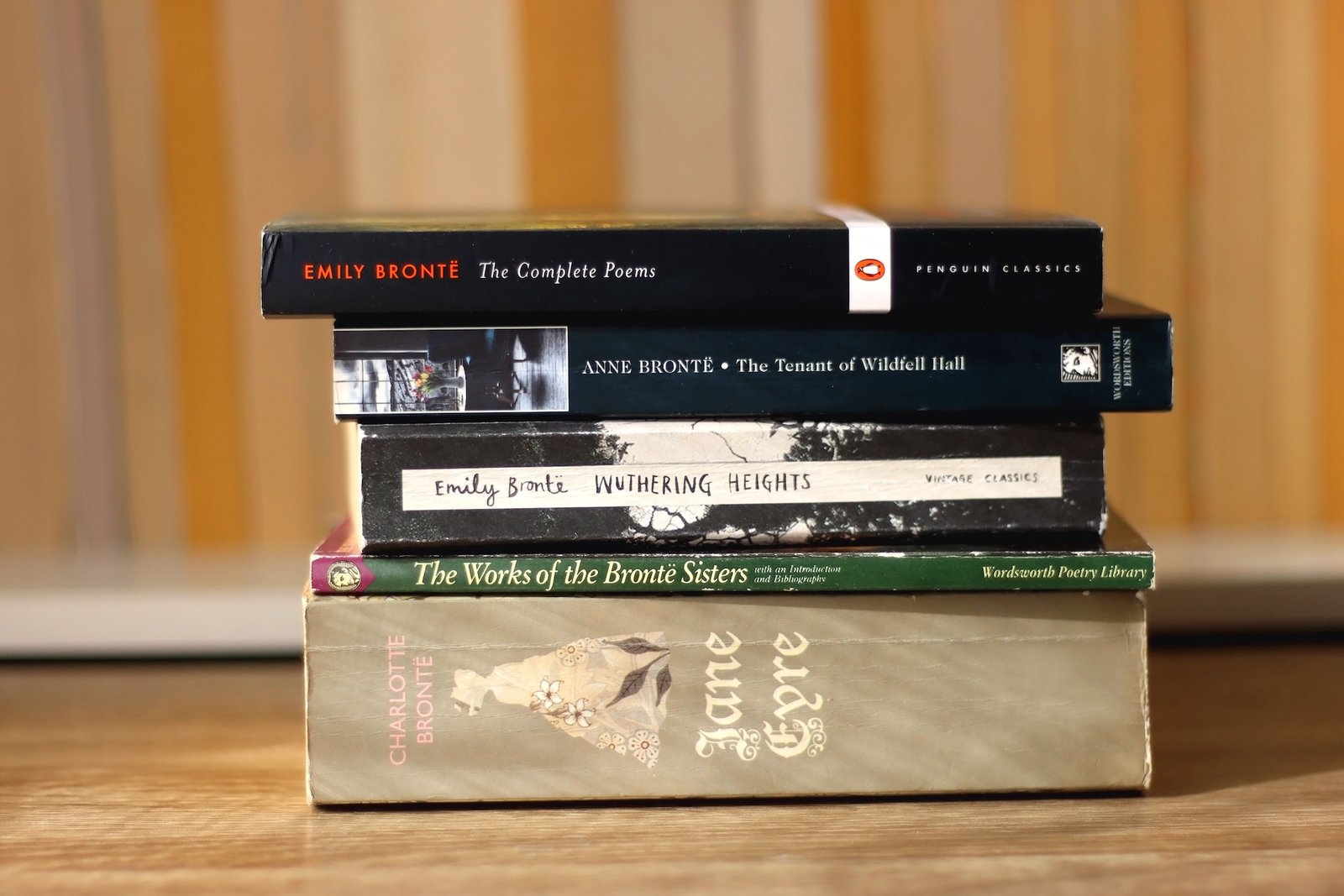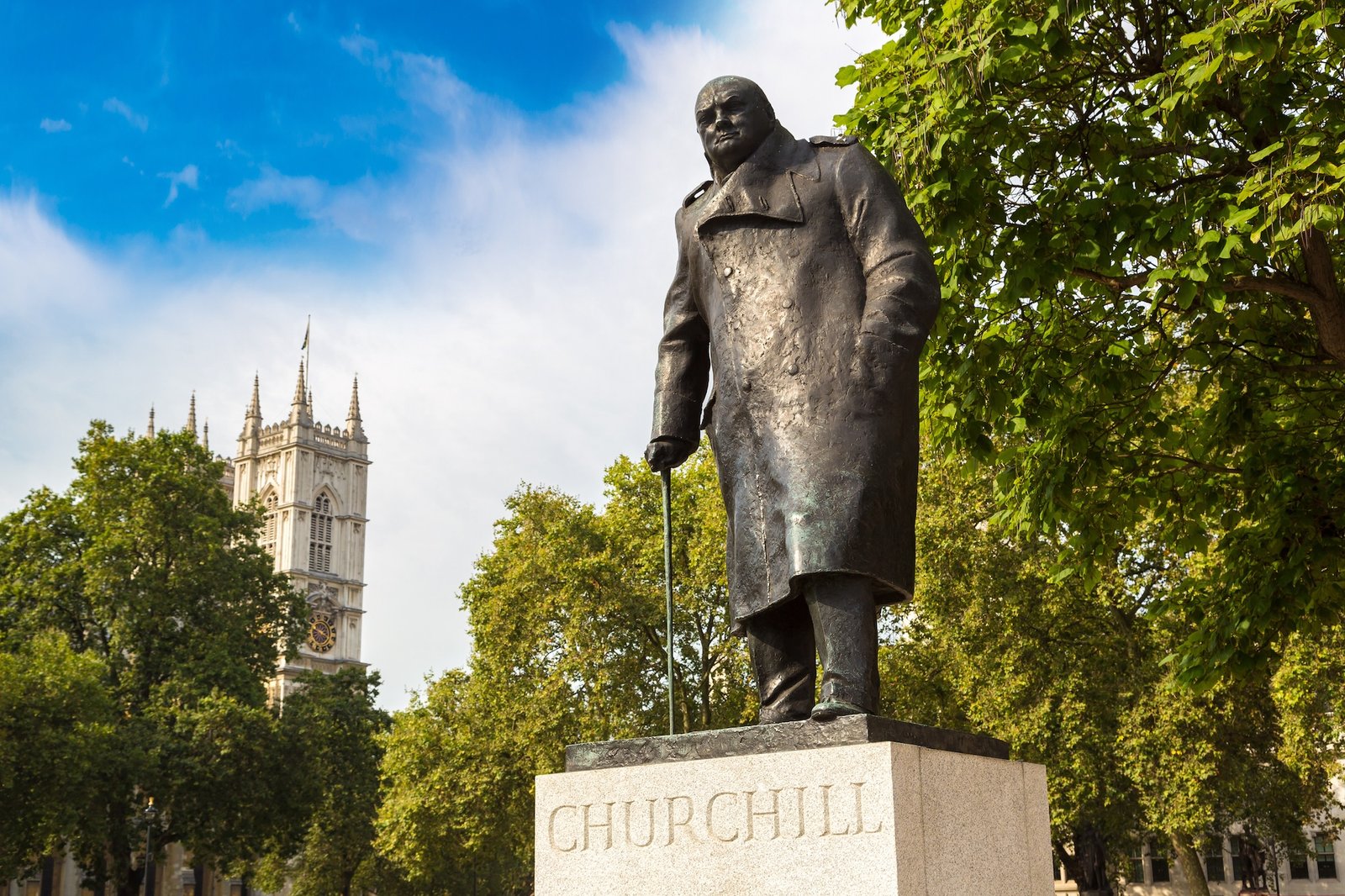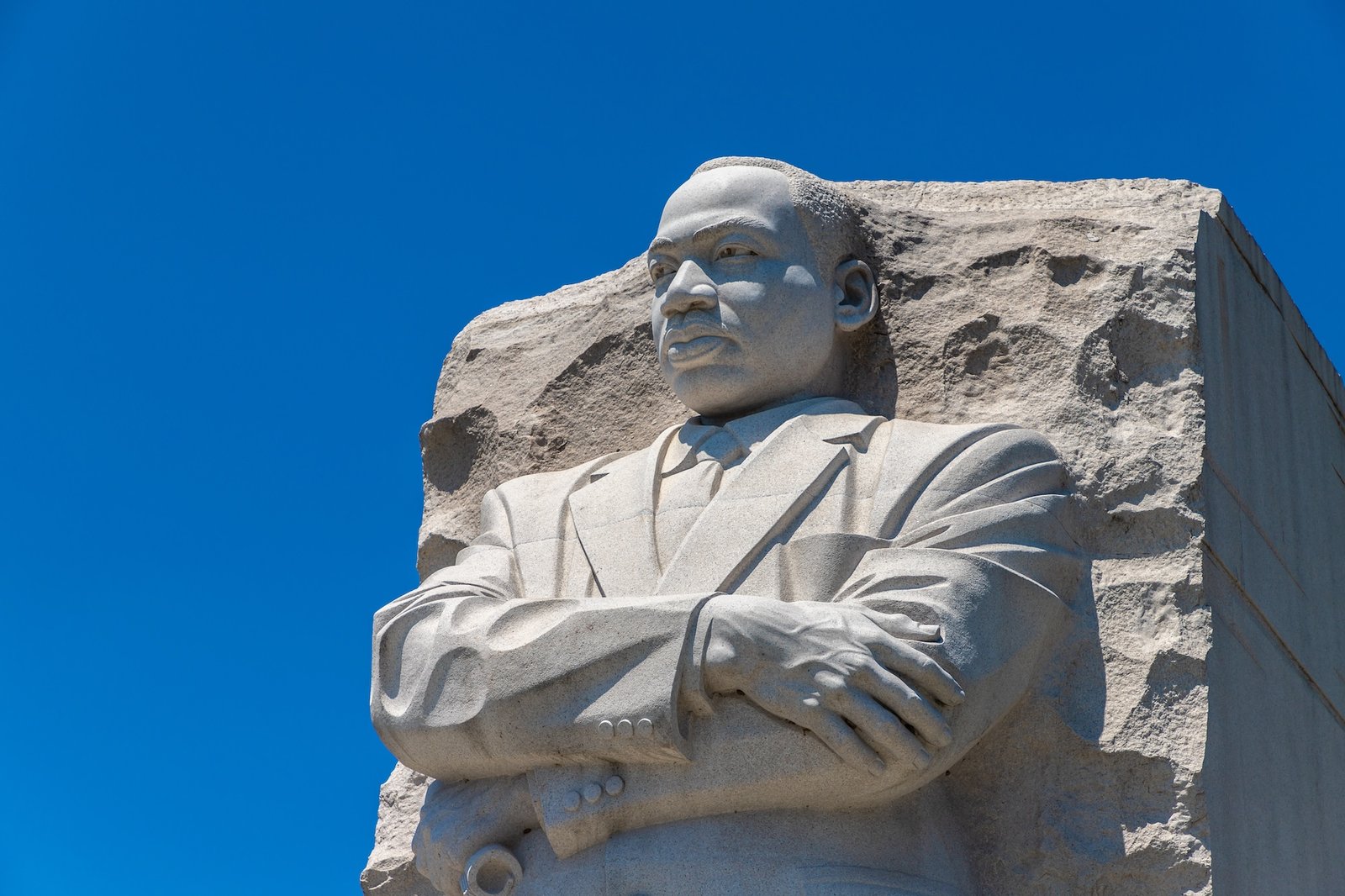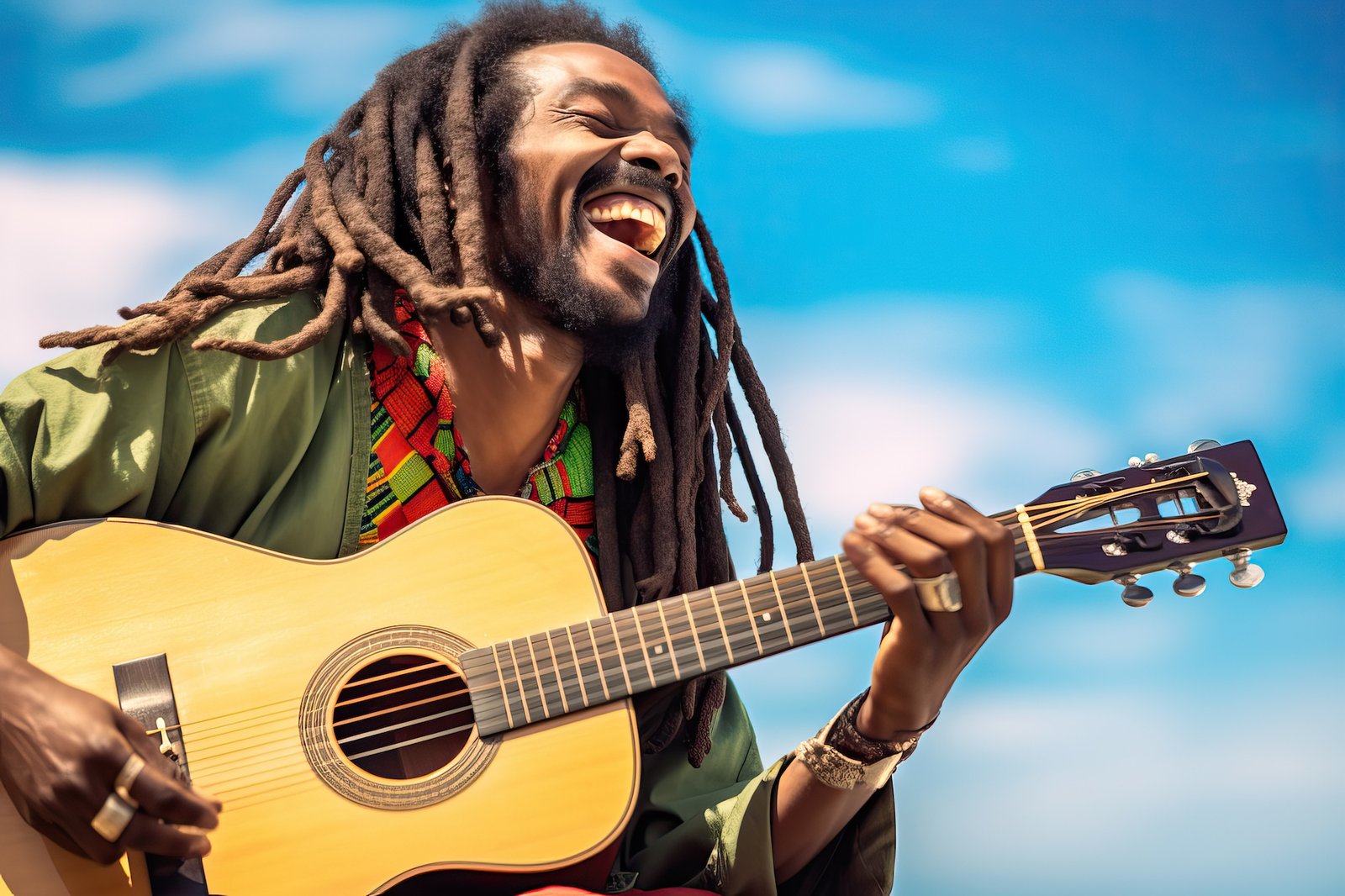One never plans the last words they would like to say. Surprisingly, several historical personalities made remarkable statements during their last moments. From Bob Marley to Stephen Hawking, some last words have become iconic. These words remind us of the greatness of these celebrities and echo with us till now.
In today’s post, we will reminisce about the most extraordinary last words spoken by historical people. We have taken insights from multiple online platforms to formulate our list. We have followed a chronological list of the final statements here.
Leonardo da Vinci

Died: 2nd May, 1519
The Renaissance polymath Leonardo da Vinci was known for his artistic brilliance and scientific curiosity. He offered a poignant reflection as he neared the end of his journey. In his final moments, da Vinci whispered, “I have offended God and mankind because my work did not reach the quality it should have.” This humble acknowledgment of human fallibility contrasts sharply with his towering achievements.
Queen Elizabeth I

Died: 24th March, 1603
The Virgin Queen, Queen Elizabeth I, offered a glimpse of her inner turmoil in her final words. She presided over England’s Golden Age with grace and strength. She passed away in 1603 due to natural complications of old age. With her strength waning, she murmured for the last time, “All my possessions for a moment of time.” This poignant lament speaks to the fleeting nature of life’s riches in the face of mortality.
Charlotte Brontë

Died: 31st March, 1855
Charlotte Brontë was a famous English novelist known for Jane Eyre and other classics. She died in 1855 at age 38 from complications of pregnancy, probably from tuberculosis. Her last words were, “Oh, I am not going to die, am I? He will not separate us, we have been so happy.” She said these words to her husband. Brontë’s works remain influential in literature, portraying strong female protagonists and social themes.
Karl Marx

Died: 14th March, 1883
Karl Marx is one of the most talked-about philosophers and economists of all time. This German theorist laid the groundwork for communism. He passed away in 1883 at the age of 64. This death occurred due to complications from bronchitis and pleurisy. His last words were reportedly, “Last words are for fools who haven’t said enough.” Marx’s ideas on class struggle and capitalism were pioneering in many ways. His philosophy continues to influence political and social movements worldwide.
Mahatma Gandhi

Died: 30th January, 1948
Mahatma Gandhi led the Indian independence movement against British rule. His message of peace and humanity impacted the world at large. In 1948, he was assassinated by a Hindu nationalist. Gandhi was 78 years old at that time. “Hey Ram” (Oh God) were his last reported words. Gandhi’s philosophy of nonviolent resistance inspired movements for civil rights and freedom worldwide. He has left a lasting legacy of peace and social change.
George Orwell

Died: 21st January, 1950
George Orwell’s novels 1984 and Animal Farm have revolutionized the literary world. This influential British writer explored themes of totalitarianism and social injustice. He died in 1950 at the age of 46 due to complications from tuberculosis. His last recorded words were, “At fifty, everyone has the face he deserves.” Orwell’s works remain relevant today as cautionary tales about the dangers of unchecked power and propaganda.
Albert Einstein

Died: 18th April 1955
The genius physicist Albert Einstein revolutionized our understanding of the universe. This brilliant mind faced his final moments with characteristic curiosity. In his last breaths, he said, “I want to go when I want. It is tasteless to prolong life artificially. I have done my share, it is time to go. I will do it elegantly.” These words were originally in his native language, German. This statement reflects his acceptance of death as a natural part of life, tinged with a hint of defiance against medical intervention.
Winston Churchill

Died: 24th January, 1965
Winston Churchill was a prominent British statesman and leader during World War II. He is known for his powerful speeches and unwavering resolve. He died in 1965 at the age of 90 from a stroke. Before death, his final words were, “I’m bored with it all.” Churchill’s legacy endures as one of the greatest wartime leaders in history, revered for his leadership, courage, and eloquence.
Martin Luther King Jr.

Died: 4th April, 1968
Martin Luther King Jr. was a prominent civil rights leader in the United States. His nonviolent activism and speeches advocating for racial equality are popular till now. James Earl Ray killed Luther King Jr. in Memphis, Tennessee during his iconic speech, “I’ve Been to the Mountaintop”. He asked his friend to play “Precious Lord” and those were his last words.
Bob Marley

Died: 11th May, 1981
The legendary Jamaican musician Bob Marley was known for popularizing reggae music worldwide. He died in 1981 at the age of only 36. He died after battling with cancer. His last words to his elder son Ziggy were, “On your way up, take me up. On your way down, don’t let me down.” He said to his younger son, Stephen, “Money can’t buy life.” Marley’s music continues to inspire people around the globe with messages of love, unity, and social justice.
Stephen Hawking

Died: 14th March, 2018
Stephen Hawking is one of the world’s most famous physicists. His contributions to theoretical physics and cosmology are remarkable. He passed away in 2018 due to complications from his long-term motor neuron disease (Amyotrophic Lateral Sclerosis), which he battled for most of his life. Although his last words as traditionally understood weren’t recorded at his death, his posthumously published book, Brief Answers To The Big Questions, ends with a profound statement reflecting his views: “There is no god. No one directs the universe.” This encapsulates his scientific perspective and serves as a powerful conclusion to his life’s work.
